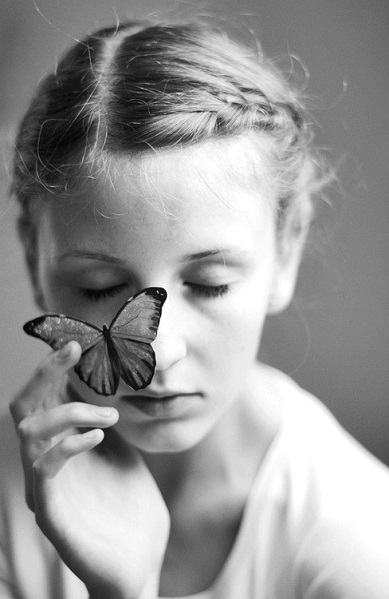A Mindful Practice For Discovering What Is Actually Hurting.

{source}
Mindfulness.
Mindfulness is a learned skill. It takes practice to understand and utilize. Once learned, mindfulness is the ability to stay present with how you feel, especially during stressful or reactive situations.
Mindlessness.
Most often people operate from a place of mindlessness and are reactive. Any current feelings are not actually new. Present feelings are based on old experiences, and unless the past is resolved, current interactions may cause these buried emotions to rise unexpectedly.
Many people instantly become reactive in situations and want to say things like forget it or never mind. They run away, instead of truly feeling the energy and confidently staying present in the moment with it.
We’ve been taught, mostly based on religious dogma, that feeling angry, hurt or agitated is a bad thing. Well, in all honesty, it’s perfectly fine to feel sad or disappointed without judging these feelings. Those feelings are a part of life.
Mindfulness involves Acceptance.
As you learn to be more mindful, you will begin to accept how you feel without criticizing specific feelings and thoughts. You will stop putting an adjective in front of each feeling you are experiencing.
In other words, instead of saying, “I’m having a bad day,” you will simply say, “I’m having a day.”
Tune in to what you’re sensing during any present moment. This really takes practice. You may feel agitated, but instead of reacting, mindfully consider your feelings. Ask yourself, “How am I feeling right now?”
The mind, as brilliant as it is, will search your memory to find a situation from the past resembling the current moment and bring that situation up for review. The mind does this because of unresolved issues or a hurt wanting to be loved and acknowledged.
Well-Being.
Mindfulness is good for your overall well-being. Being mindful helps to train the mind to stay focused on current moments and directs it towards what you want instead of pointless chatter.
First, become aware of your surroundings. Notice how you feel and what thoughts are coming up in your head. Do this even if it takes a few moments to gather this awareness. Become completely mindful of the sights, sounds, and smells that ordinarily slip by without reaching your conscious awareness.
This takes practice, so don’t get frustrated.
My suggestion for you is to practice while you’re driving. Driving is often a huge trigger for mindlessness. When you get angry in the car, ask yourself, “What is the real issue here?” Just see what comes up.
The unconscious mind will tell you exactly where it’s hurting, and this understanding will help you uncover the reason behind your fast-acting anger in the car.
Free your mind.
Freeing the mind is a concept we hear a lot about in the enlightenment teachings traditionally found in Buddhism. It’s a way of clearing issues out of the conscious mind. A truly priceless moment is created when the mind becomes completely peaceful, still and rid of any distracting thoughts.
There are two ways to free the mind:
1. Meditation
2. Working out personal issues
Meditation is helpful because it gives you an opportunity to connect with your inner self and begin to develop a deeper relationship with you. It has many benefits, but by itself meditation doesn’t specifically reveal how to release past issues.
According to Freud, our minds are made up of the conscious and the unconscious, or subconscious. The ego mind is also twofold. There is a part of the ego mind that we rely upon daily.
For example, we need the ego to learn constructive things like getting out of bed, brushing our teeth, driving a car, and riding a bike.
Then there is the part of the ego mind that can get a bit controlling and stubborn. This part likes to enumerate bad experiences, wallow in self-pity, become addicted, feel fear for no reason, and believe it’s doing something wrong.
This is the part of the mind you want to release by the use of meditation and mindfulness.
There is a huge benefit in releasing your old ways of thinking because it allows you to direct your mind to what you truly want for yourself. You become more heartfelt, compassionate and kind when you discover this way of actively thinking.
What is most amazing about mindfulness is, as an aware person, you have the power to resolve conflict easily and effectively.
This skill will help you to direct your life into positive new directions all while staying present and mindful of the here and now.
*****
Paula Muran is a freelance writer, author and yogi. Her specialty is enlightening minds by transforming core beliefs. You can find Paula at her website, where you can sign up for a free Dare to Be You 21-day Emotional Healing Challenge.

